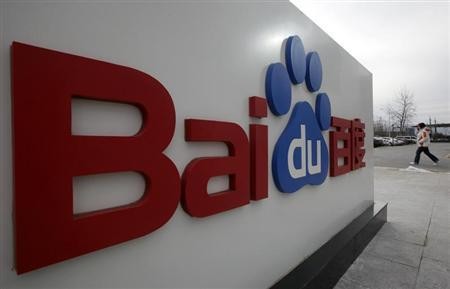Chinese Internet giant Baidu Inc., which has risen among the east Asian nation's high technology economy for its search engine prowess, has been likened to a shy or less-attractive ball attendee in the Wall Street Journal this week, in anticipation of the company's inclusion in both the China Index and Emerging Markets Index of the MSCI.
Contributor Aaron Back writes that the move is a symbolic extended hand toward Baidu, requesting it to the dance floor.
According to the WSJ analysis, the inclusion is ensured by the January announcement of the MSCI, in which it stated that so-called "foreign listed companies" will become part of its country-based indexing system.
Alongside Jack Ma's Alibaba Holdings Ltd., which will also appear in the index listings, Baidu is listed on the New York Stock Exchange (NYSE).
Prior to last month's announcement, the MSCI China Index was biased toward state-owned banks and energy corporations.
Based on Back's understanding, the inclusion will mean an increased level of investment for both Baidu and Alibaba, as the newly listed companies will benefit from the close monitoring that the MSCI garners.
While data could not be produced for the China index, the June 2014 figures show that the Emerging Markets Index was watched by $228 billion of passive funds, while also serving as the benchmark for $1.52 trillion of actively managed funds.
Even though Alibaba is a larger business entity, the WSJ writer shares his perception that the MSCI decision will be of greater benefit to the Chinese search engine. Back refers to a 2014 simulation, in which Alibaba would receive "a 3.1-percent weighting in the MSCI China Index, while Baidu would get a 6.5-percent weighting."
Back explained: "That is because MSCI bases its calculations on available free float, which is significantly smaller for Alibaba despite its bigger market capitalization."
However, one could argue that Back's ball analogy is remiss, as Baidu confirmed its investment in multi-billion-dollar transport app Uber last year, showing that its presence in the dance hall was noted long ago.



























